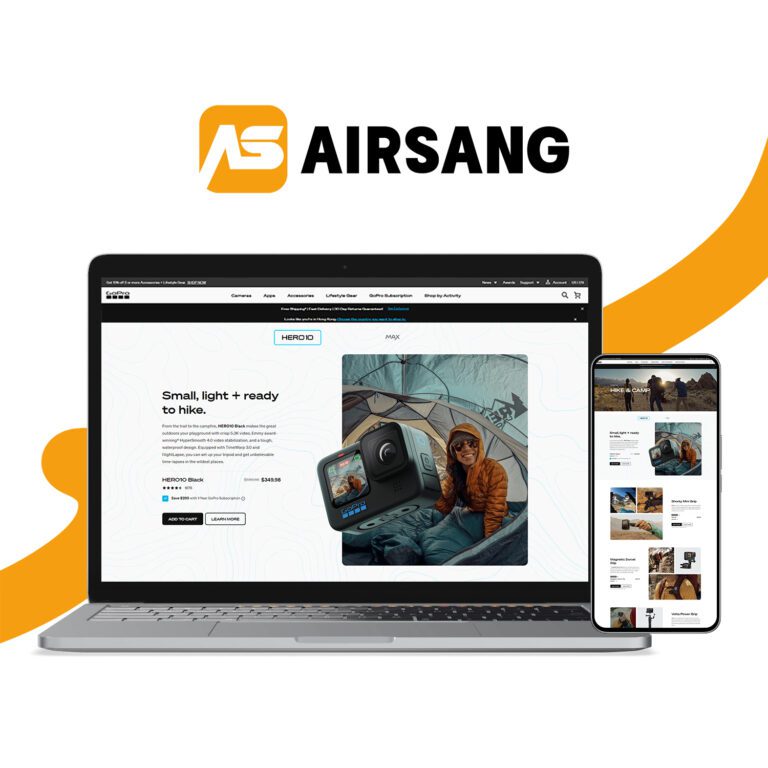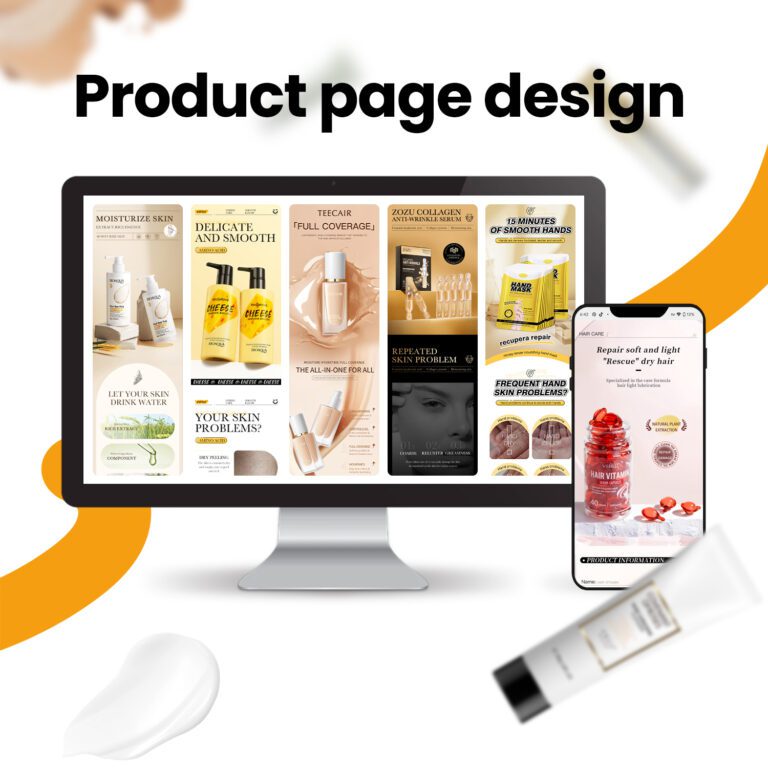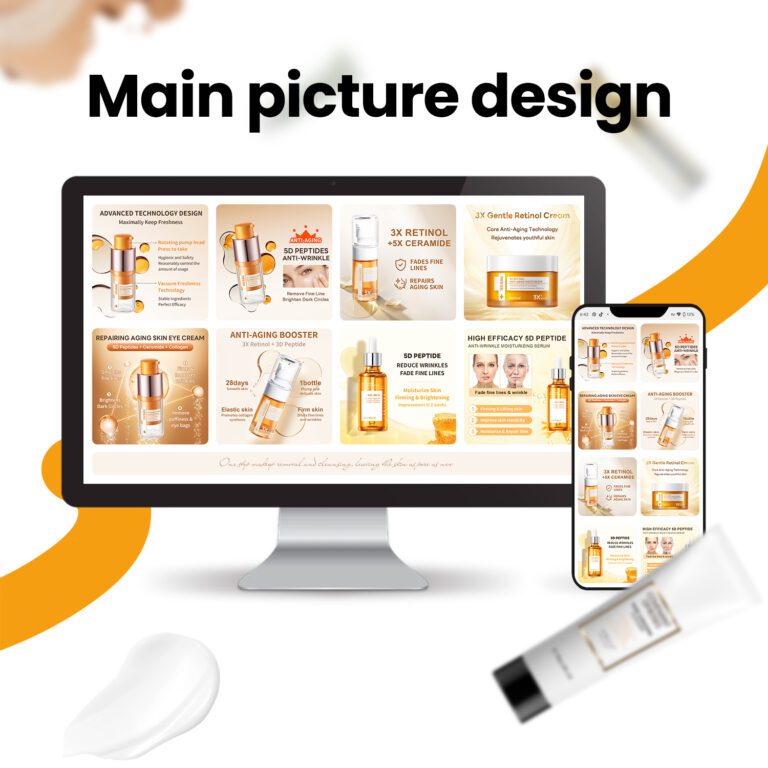Shopify vs WordPress: Which Is Best for Your Business?
Choosing between Shopify and WordPress can define how you launch, scale, and grow your online presence. At Airsang Design, we help founders and brands identify the best-fit platform to meet both business goals and technical flexibility—whether it’s Shopify’s simplicity or WordPress’s customizability.

Understanding the Platforms
What is Shopify?
Shopify is a hosted e-commerce solution designed to help you sell products online with minimal technical setup. It offers built-in themes, drag-and-drop tools, and app integrations that make it easy to build a store quickly. Shopify handles hosting, security, and payment gateways, making it ideal for beginners and merchants seeking an all-in-one platform.
What is WordPress?
WordPress, particularly when paired with WooCommerce, provides an open-source alternative for businesses that want full control over every aspect of their site. From blogs and portfolios to enterprise-level e-commerce stores, WordPress supports a wider range of use cases. Flexibility, however, comes with the responsibility of managing hosting, plugins, security, and maintenance.
Key Differences Between Shopify and WordPress
Below is a quick side-by-side comparison of Shopify vs WordPress:
| Feature | Shopify | WordPress + WooCommerce |
|---|---|---|
| Setup Difficulty | Beginner-friendly | Requires technical setup |
| Hosting & Security | Included in all plans | Self-managed or third-party hosting |
| Design Flexibility | Theme-based, limited customization | Full control over design & UX |
| App/Plugin Ecosystem | Large but curated | Massive, open ecosystem |
| Blogging Capability | Basic | Advanced blogging tools |
| SEO Optimization | Limited out-of-the-box | Deep, customizable SEO tools |
| Cost Range | Monthly plans from $39 | Hosting from $5/mo + optional plugins |
| Best For | Physical product sellers, dropshipping | Content-rich sites, hybrid businesses |
Choosing the Right Platform
Choose Shopify If…
- You want to launch quickly and don’t have a development team
- You plan to sell only physical or digital products
- You prefer to pay for ease of use and full support
- You rely heavily on third-party e-commerce integrations like Printify or Oberlo
Choose WordPress If…
- You want full ownership of your site, content, and codebase
- Your site needs advanced SEO, blog architecture, or multilingual support
- You want to avoid recurring platform fees and control ongoing costs
- You work with a designer or developer (like Airsang Design!) who can manage it professionally

SEO, Speed, and Scalability
Both platforms can scale, but their routes differ. Shopify scales with pricing tiers and built-in performance optimization, while WordPress requires proactive optimization—through caching, image compression, and performance plugins like WP Rocket or LiteSpeed Cache. SEO-wise, WordPress often outperforms due to finer control over meta tags, structured data, and content hierarchy.
Maintenance & Growth
Maintaining a Shopify site requires less manual work, as Shopify handles updates and backups. With WordPress, updates must be actively monitored, and third-party plugins can create compatibility risks. However, growth potential on WordPress is often greater in the long term if you prioritize content marketing, brand identity, and platform ownership.
Final Verdict from Airsang Design
So, Shopify or WordPress?
There’s no one-size-fits-all answer. At Airsang Design, we help you define your platform choice based on your product strategy, technical capacity, and long-term vision.
- Need speed, simplicity, and structure? Go Shopify.
- Need flexibility, content control, and SEO depth? Go WordPress.
Conclusion
Let the expert team at Airsang Design walk you through a personalized audit and get your digital presence optimized for growth—whichever platform you choose.
















